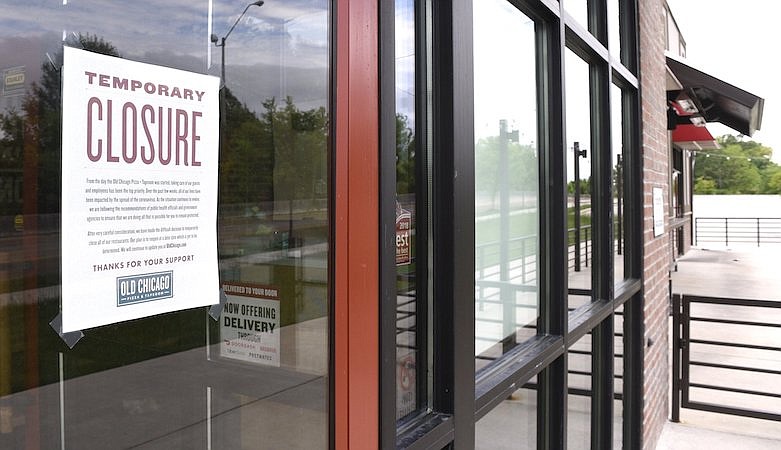Most of us will gladly say adieu to 2020. But for retirement account holders, there are a few days left before we turn the page in which to take advantage of certain one-time tax breaks in the coronavirus relief legislation passed last March.
The Coronavirus Aid, Relief and Economic Security Act (CARES) included several temporary provisions relating to qualified retirement accounts like IRAs, 401(k), and 403(b) plans. If you haven't already done so, you still have time to evaluate whether you might benefit.
For taxpayers under age 59 1/2 impacted adversely by the virus, the Act offers temporary relief by waiving the 10% early withdrawal penalty for retirement plan distributions up to $100,000. The amount is still taxable, but the tax burden can be spread over three tax years through 2022. In order to qualify, you or an immediate family member or dependent must have contracted COVID-19, or you must be able to demonstrate economic hardship arising from job loss, reduction of hours or certain other related financial setbacks.
Significantly, the Act allows for such early withdrawals to be partially or fully re-contributed and the tax liability erased during the three-year window. This could present an interesting opportunity for affected individuals who have remaining financial concerns going into 2021. One might consider taking advantage of the withdrawal as a form of insurance with the knowledge that the distribution could be undone as circumstances improve. But this is a one-time opportunity, and the window closes on December 30. You should of course consult your tax professional before proceeding.
Also note that for company plans like 401(k)s, not every employer allows for the extra distribution, and not every plan allows for the withdrawal to be rolled back in. Check with your plan administrator to find out.
Another break is available to all retirement account holders who would normally be subject to Required Minimum Distributions (RMDs). The CARES Act waives the requirement for mandatory withdrawal this year. Taxpayers who have not yet taken their RMD can elect to stop it before year end, and anyone who has taken it during the past 60 days can re-contribute the distribution. The RMD is also waived this year for inherited IRA accounts.
This also presents an opportunity to consider a Roth conversion. Ordinarily, one must complete their RMD before making any conversions to a tax-free Roth IRA account, and the distributed amount cannot be counted toward the conversion. This year you could choose to take the distribution as usual (and pay the tax) but direct the amount to your Roth. Qualified distributions from a Roth are henceforth tax-free.
CARES also included new one-time incentives for charitable contributions. Generous patrons are allowed an unlimited itemized deduction (up to 100% of Adjusted Gross Income) instead of the usual 60%. And for taxpayers who do not itemize, you may take an extra $300 deduction that reduces your gross income.
Charitably minded taxpayers over age 70 1/2 also have until the end of the year to take advantage of so-called Qualified Charitable Deductions from their IRAs. QCDs allow you to make distributions from your IRA account to qualified charities up to $100,000. The contributions are not deductible but are exempt from taxation as a distribution. To qualify, the contribution must be a direct transfer from the account custodian to the charity.
In just a few short weeks and we can bid farewell to the year of the coronavirus, and we'll never have an effective vaccine against taxes. But there's still time to check for potential benefits available that may soften the blow a bit at tax time.
Christopher A. Hopkins, CFA, is a vice president and portfolio manager for Barnett & Co. in Chattanooga.

